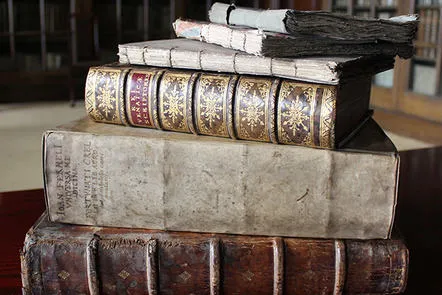
The History of the Book Course: 1450-1800 - FutureLearn 
This course explores the history of the book from 1450-1800, examining the book trade and production during the early modern period and its social impact on the reformation and scientific revolution. Gain a deeper understanding of the book industry and its role in shaping history. ▼
ADVERTISEMENT
Course Feature
![]() Cost:
Cost:
Free
![]() Provider:
Provider:
Futurelearn
![]() Certificate:
Certificate:
No Information
![]() Language:
Language:
English
![]() Start Date:
Start Date:
Self Paced
Course Overview
❗The content presented here is sourced directly from Futurelearn platform. For comprehensive course details, including enrollment information, simply click on the 'Go to class' link on our website.
Updated in [March 06th, 2023]
The History of the Book Course: 1450-1800 is a FutureLearn course that explores the history of the book from the invention of the printing press to the end of the 18th century. This course will provide an overview of the development of the book from its invention to its widespread use in the 18th century. It will cover topics such as the development of the printing press, the impact of the book on society, and the evolution of the book from a luxury item to a mass-produced commodity. Participants will gain an understanding of the history of the book and its impact on society, as well as the development of the book industry. The course will also provide an introduction to the history of publishing and the development of the book trade.
[Applications]
Upon completion of The History of the Book Course: 1450-1800, learners can apply their knowledge to a variety of fields. They can use their understanding of the history of the book to inform their research in the humanities, such as literature, history, and art. They can also use their knowledge to inform their work in the fields of library and information science, publishing, and bookselling. Additionally, learners can use their knowledge to inform their work in the fields of education, media, and communication.
[Career Paths]
1. Academic Librarian: Academic librarians are responsible for managing and organizing library collections, providing research assistance, and helping to develop library services. They also work to promote the use of library resources and services to students, faculty, and the public. As the demand for digital resources and services continues to grow, academic librarians must stay up-to-date on the latest technologies and trends in order to provide the best possible services to their patrons.
2. Archivist: Archivists are responsible for preserving and managing historical documents and artifacts. They must be knowledgeable about the history of the book and the development of the printing press in order to properly care for and preserve these materials. As the demand for digital archiving and preservation increases, archivists must stay up-to-date on the latest technologies and trends in order to provide the best possible services to their patrons.
3. Book Conservator: Book conservators are responsible for preserving and restoring books and other printed materials. They must be knowledgeable about the history of the book and the development of the printing press in order to properly care for and preserve these materials. As the demand for digital preservation and conservation increases, book conservators must stay up-to-date on the latest technologies and trends in order to provide the best possible services to their patrons.
4. Digital Humanities Specialist: Digital humanities specialists are responsible for using digital technologies to study and analyze historical documents and artifacts. They must be knowledgeable about the history of the book and the development of the printing press in order to properly analyze these materials. As the demand for digital humanities research and analysis increases, digital humanities specialists must stay up-to-date on the latest technologies and trends in order to provide the best possible services to their patrons.
[Education Paths]
1. Bachelor of Arts in History: This degree path focuses on the study of the past, including the history of the book from 1450-1800. Students will learn about the development of the book, its impact on society, and the changing trends in book production and consumption. They will also gain an understanding of the political, social, and cultural contexts in which books were produced and consumed. This degree path is ideal for those interested in pursuing a career in the publishing industry, library science, or academia.
2. Master of Library and Information Science: This degree path focuses on the management and organization of information resources, including books. Students will learn about the history of the book, its impact on society, and the changing trends in book production and consumption. They will also gain an understanding of the political, social, and cultural contexts in which books were produced and consumed. This degree path is ideal for those interested in pursuing a career in library science, information management, or academia.
3. Master of Arts in Publishing: This degree path focuses on the business and management of publishing, including the history of the book from 1450-1800. Students will learn about the development of the book, its impact on society, and the changing trends in book production and consumption. They will also gain an understanding of the political, social, and cultural contexts in which books were produced and consumed. This degree path is ideal for those interested in pursuing a career in the publishing industry, library science, or academia.
4. Doctor of Philosophy in Book History: This degree path focuses on the study of the history of the book from 1450-1800. Students will learn about the development of the book, its impact on society, and the changing trends in book production and consumption. They will also gain an understanding of the political, social, and cultural contexts in which books were produced and consumed. This degree path is ideal for those interested in pursuing a career in academia, library science, or the publishing industry.
Course Provider
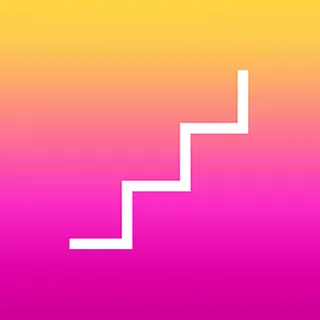
Provider Futurelearn's Stats at AZClass
The History of the Book Course: 1450-1800 - FutureLearn explores the history of the book from 1450-1800, examining the book trade and production in the early modern era, and its social impact on the Reformation and the Scientific Revolution. They give learners a comprehensive look at the history of books from 1450 to 1800. The course covers a wide range of topics, including the development of the book, the impact of the printing press, the rise of the novel, and the history of censorship. Learners will learn about the history of the book and its impact on society, as well as the development of the book industry. In addition, learners will understand the importance of the book in the development of culture and literature.
Discussion and Reviews
0.0 (Based on 0 reviews)
Explore Similar Online Courses
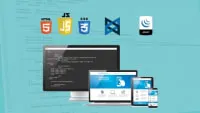
Foundations of Front-End Web Development
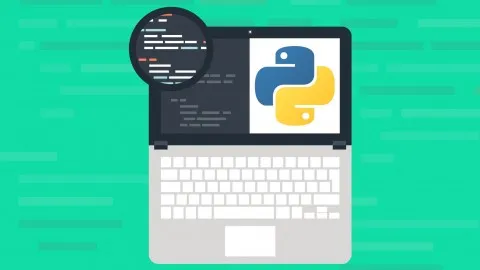
python programming quick look

Python for Informatics: Exploring Information

Social Network Analysis

Introduction to Systematic Review and Meta-Analysis

The Analytics Edge

DCO042 - Python For Informatics

Causal Diagrams: Draw Your Assumptions Before Your Conclusions

Whole genome sequencing of bacterial genomes - tools and applications

Curanderismo: Traditional Healing Using Plants
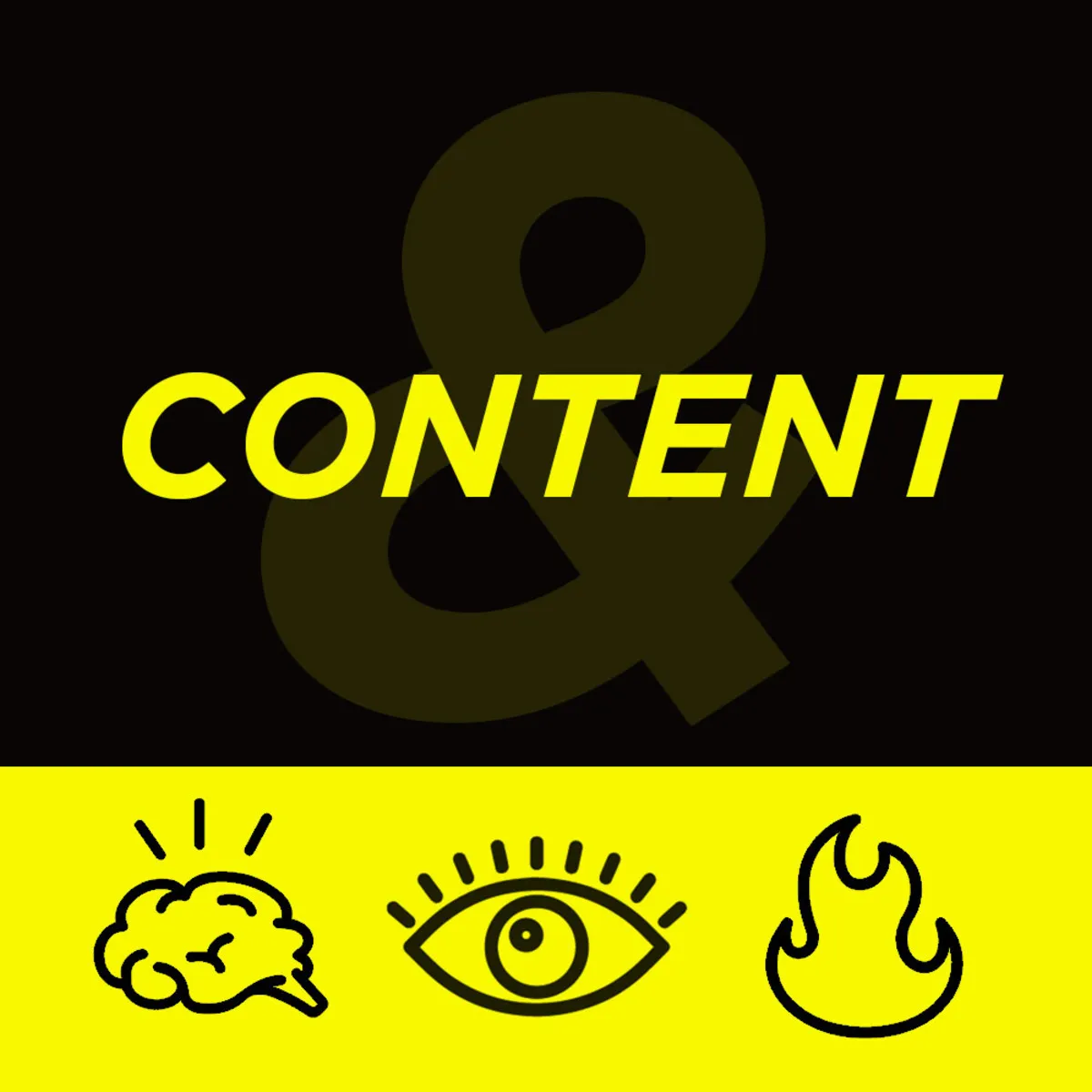
Storytelling in Branding and Content Marketing
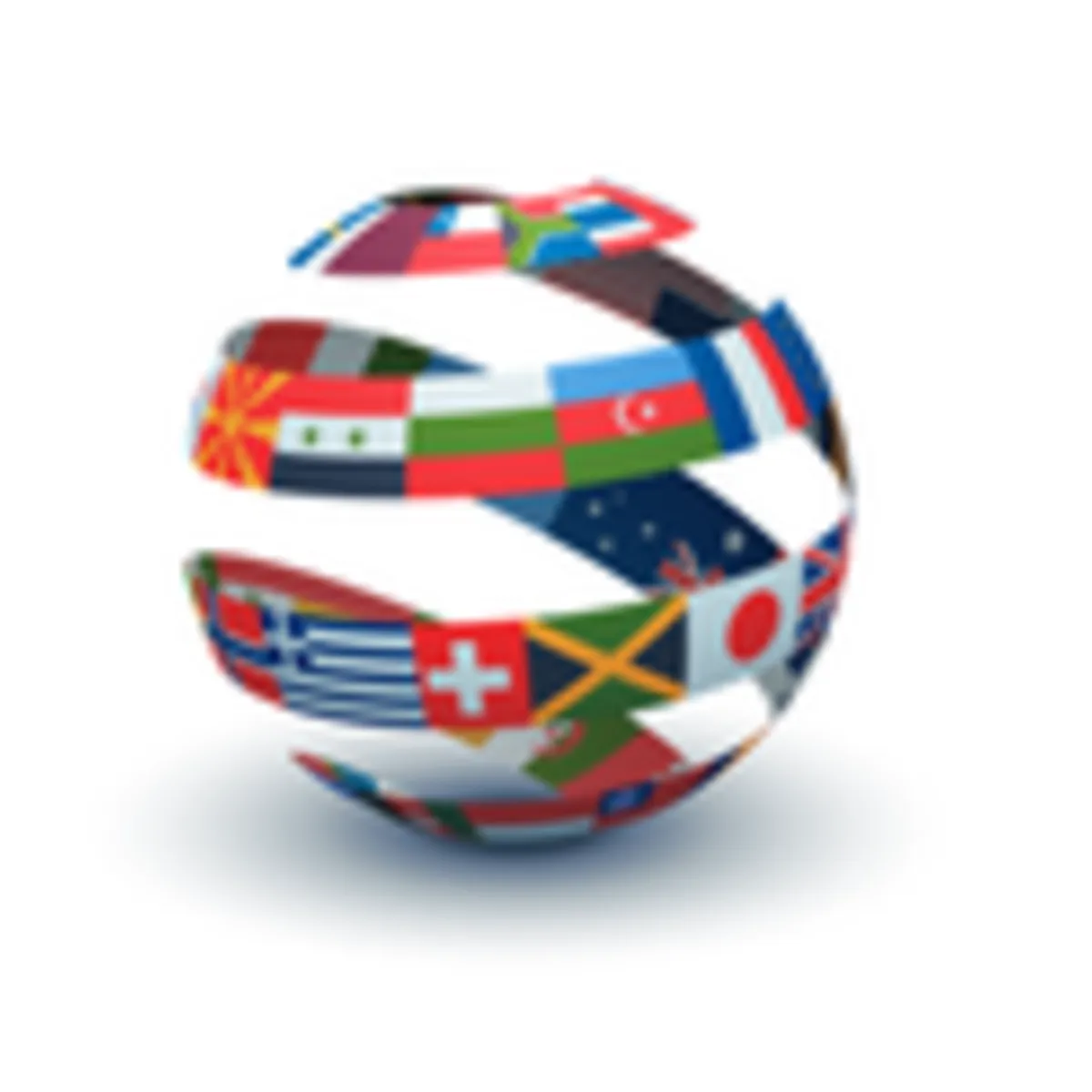

Start your review of The History of the Book Course: 1450-1800 - FutureLearn